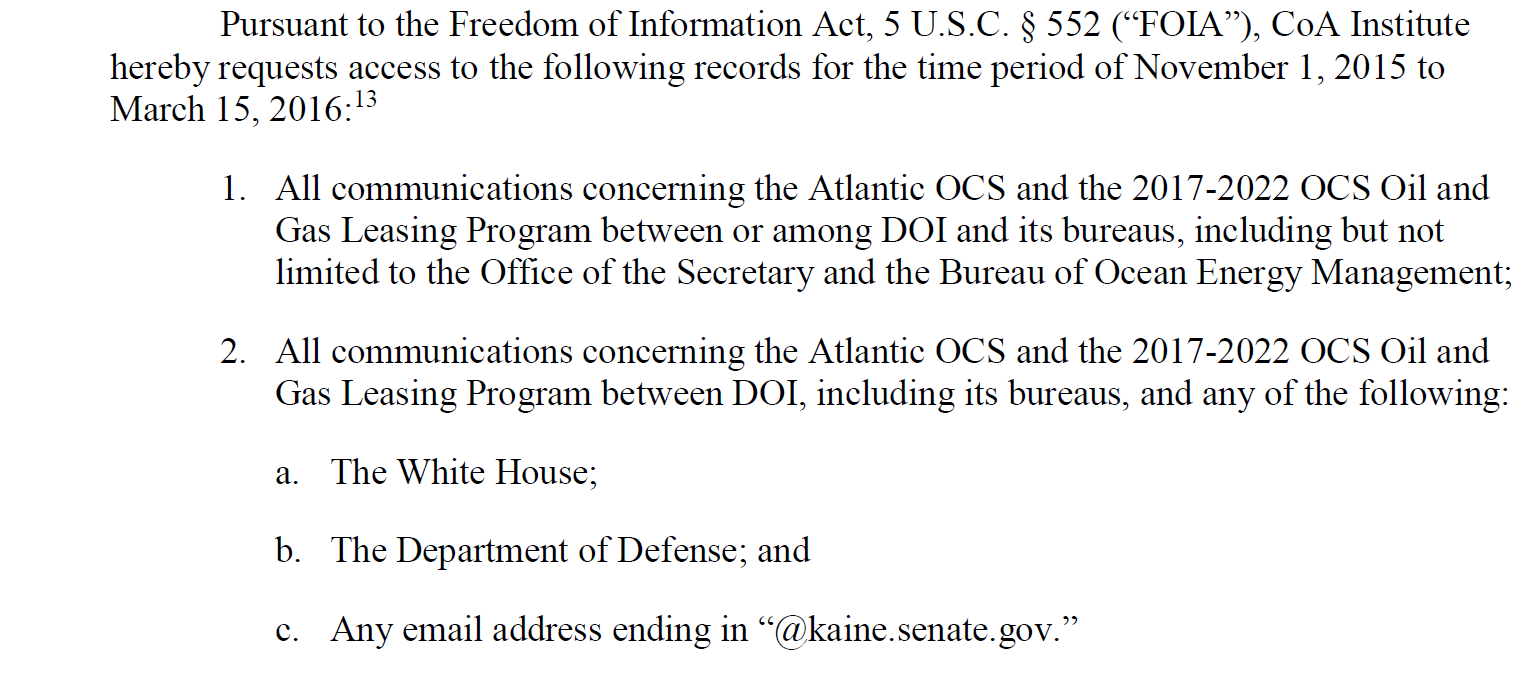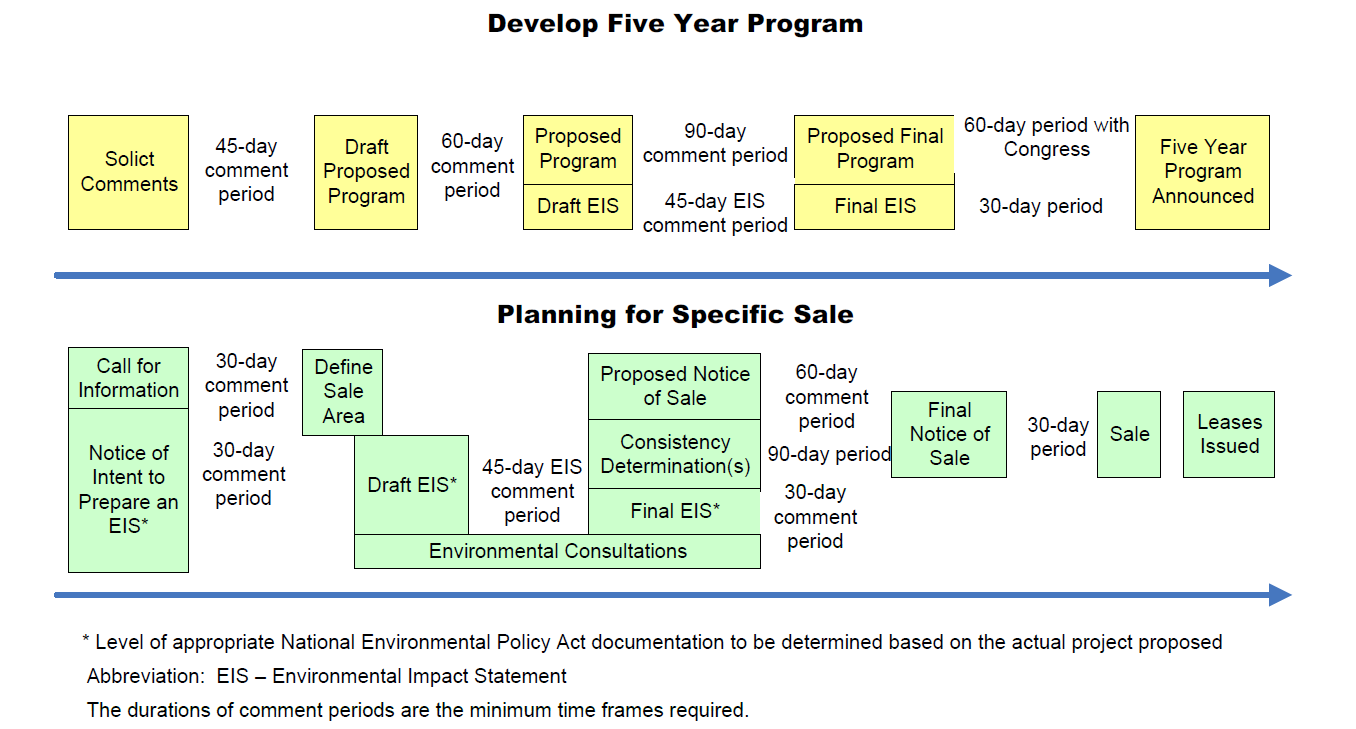Washington, D.C. – Cause of Action Institute (“CoA Institute”) today filed a motion for summary judgment in a lawsuit that seeks to compel Secretary of State Rex Tillerson and U.S. Archivist David Ferriero to fulfill their non-discretionary obligations under the Federal Records Act (“FRA”). Specifically, CoA Institute has asked the court to order Tillerson and Ferriero to initiate an enforcement action through the Attorney General to recover the work-related email records of former Secretary of State Colin Powell from a personal account hosted by AOL, Inc.
“To date, Defendants have undertaken meagre recovery efforts that have proven entirely ineffectual,” argued CoA Institute. “None of Secretary Powell’s work-related email records have been recovered. And Defendants have not proven their fatal loss—the only exception in this case that would excuse their intransigence. Now is the time to involve the Attorney General, the highest law enforcement authority of the federal government, as contemplated and required by the FRA.”
CoA Institute filed its lawsuit in October 2016 after then-Secretary John Kerry and Archivist Ferriero failed to act on CoA Institute’s FRA notice and Freedom of Information Act request. Just last month, CoA Institute successfully defended its claims against the government’s motion to dismiss. In denying that motion, U.S. District Court Judge Trevor McFadden highlighted the State Department’s “anemic” recovery efforts and its seeming disregard for the power of leveraging the law enforcement authority exercised by the Attorney General in recovering government records.
Cause of Action Institute President and CEO John J. Vecchione: “Executive Branch officials have no discretion in choosing when to recover unlawfully removed federal records. For too long, agency leadership—particularly at the State Department—has not been held accountable for its failure to abide by federal record management laws. Secretary Colin Powell conducted official government business on a private email account; records of his correspondence belong to the federal government and should have been retained for permanent preservation. We are confident that the law requires more effort to recover the records at issue, including the initiation of an enforcement action through the Attorney General.”
Background
In September 2016, the House Oversight & Government Reform Committee held a hearing at which then-Under Secretary of State Patrick Kennedy testified that the State Department had undertaken minimal efforts to retrieve the work-related emails of Colin Powell. After learning that Powell no longer had access to his AOL account or its contents, the State Department merely asked Powell to contact AOL to see if anything could be retrieved. Despite a request from the National Archives and Records Administration (“NARA”) to contact AOL directly, the State Department never did so. Ultimately, the agency relied on unreliable hearsay—namely, the reported representations of Secretary Powell’s personal secretary about an apparent phone conversation between someone at AOL and a staff member of the House Oversight Committee—to conclude that no records could be recovered.
CoA Institute’s memorandum in support of its motion can be read here.














